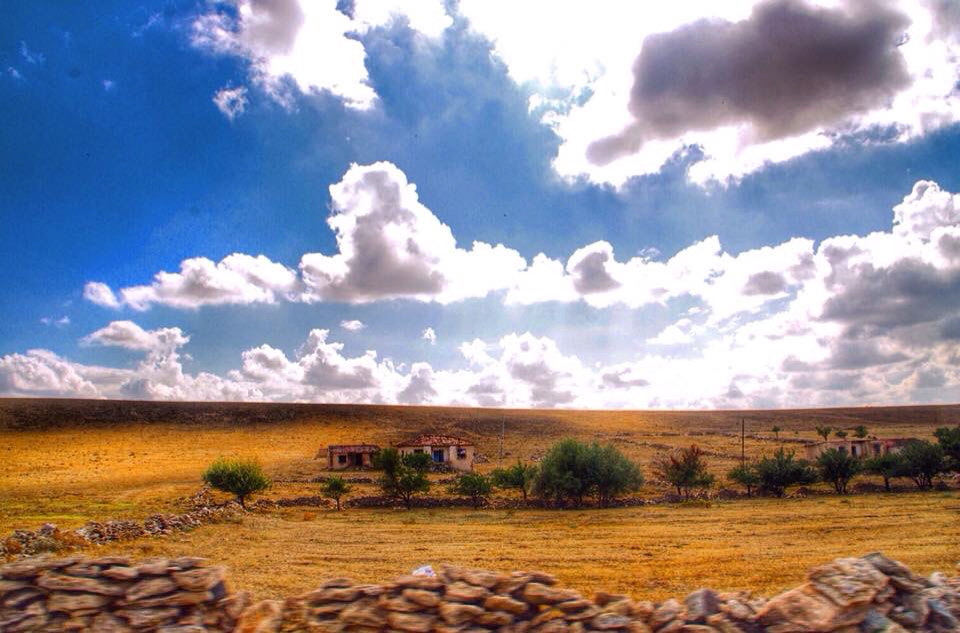Hunting has been part of human tradition for 1000's of years, serving varied purposes from sustenance to recreation. As society evolves, so do the views on looking, resulting in heated debates about its advantages and drawbacks. This report goals to explore the pros and cons of searching, inspecting its ecological, economic, If you want to see more info on riggers belt - visit this backlink - stop assassination by firearm our own web site. and social dimensions.
Pros of Hunting

1. Wildlife Management
One in every of the primary arguments in favor of hunting is its position in wildlife management. Many ecosystems require a balance between varied species to keep up ecological stability. Overpopulation of sure species, equivalent to deer, can lead to habitat destruction and increased competitors for sources. Regulated searching helps management these populations, guaranteeing that ecosystems stay balanced and healthy.
2. Conservation Funding
Hunting contributes considerably to conservation efforts. Many nations have carried out techniques the place searching licenses and charges directly fund wildlife conservation applications. For instance, cimarron firearms in the United States, the Pittman-Robertson Act channels excise taxes on firearms and watchtower firearms ammunition into state wildlife businesses, supporting habitat restoration and species safety. This monetary assist will be essential for sustaining biodiversity and protecting endangered species.
3. Economic Benefits
Hunting can provide substantial financial advantages to local communities. It creates jobs in various sectors, including tourism, hospitality, and retail. Hunting-related tourism, specifically, is usually a profitable trade, attracting hunters from around the globe who spend money on licenses, guides, gear, and lodging. This influx of cash can assist support rural economies and promote local businesses.
4. Sustainable Food Source
Hunting offers a sustainable food supply for a lot of people and families. Wild game is usually a healthier alternative to farmed meat, often containing fewer hormones and antibiotics. For many who follow ethical searching, sourcing meat from the wild can even foster a deeper connection to the food they eat, promoting an appreciation for nature and the atmosphere.
5. Cultural and Traditional Significance
For many communities, looking is greater than just a technique of sustenance; it is a cultural tradition that's handed down via generations. Indigenous peoples, particularly, usually depend on searching as a means of life, maintaining their cultural id and connection to the land. Hunting may foster neighborhood bonds, as households and associates come collectively for looking journeys and share the fruits of their labor.
Cons of Hunting
1. Ethical Concerns
One of many most significant criticisms of hunting revolves round ethical concerns concerning animal rights. Opponents argue that hunting is a cruel follow that causes pointless suffering to animals. The thought of killing for sport, reasonably than necessity, raises ethical questions about humanity's relationship with wildlife and the pure world.
2. Impact on Wildlife Populations
While regulated looking may help handle wildlife populations, unregulated or excessive looking can result in extreme inhabitants declines and even extinction. Species that are already vulnerable may be pushed nearer to the brink as a result of searching pressures. The extinction of sure species can have cascading results on ecosystems, disrupting food chains and harming other wildlife.
3. Habitat Destruction
Hunting can contribute to habitat destruction, notably when it's coupled with different human activities resembling logging, agriculture, and urban growth. The infrastructure wanted for searching, similar to roads and lodges, can fragment habitats and disrupt wildlife migration patterns. This habitat loss can have long-time period penalties for biodiversity and ecosystem well being.
4. Safety Concerns
Hunting poses security dangers not only to hunters but additionally to non-hunters and wildlife. Accidental shootings can occur, leading to injuries or fatalities. Additionally, hunting can disturb local wildlife, causing stress and altering their natural behaviors. This disruption can have destructive effects on animal populations and ecosystems.
5. Social Conflict
Hunting could be a polarizing subject that leads to social conflict. Supporters and opponents often clash over hunting rights, rules, and ethics. This division can create tension inside communities, notably in areas the place searching is a conventional practice. Furthermore, the rise of anti-hunting movements can result in increased scrutiny and regulation, impacting those that depend on searching for their livelihoods.
Conclusion
In summary, searching presents a posh array of execs and cons that should be fastidiously considered. On one hand, it plays a vital role in wildlife administration, conservation funding, and local economies, while additionally offering a sustainable food source and preserving cultural traditions. On the other hand, ethical concerns, potential damaging impacts on wildlife populations, habitat destruction, safety risks, and social conflicts spotlight the challenges related to searching.
As society continues to evolve, it is crucial to strike a stability between the benefits and drawbacks of searching. This can be achieved via effective regulation, schooling, and fostering a deeper understanding of the ecological and moral implications of searching. Ultimately, the future of looking will rely upon the power of communities to navigate these complicated issues whereas promoting sustainable practices that profit both wildlife and humans.